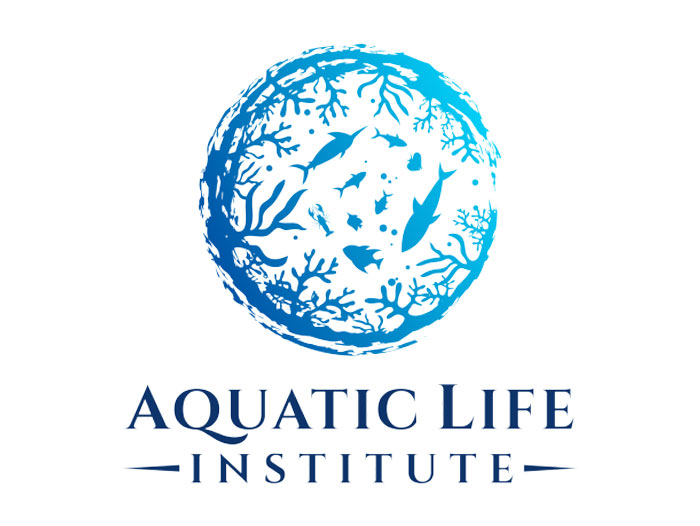Hilton Foods Releases Progressive Crustacean Welfare Policy
August 27, 2024 | 4 min to read
Hilton Foods, an international multi-protein processor, has launched its first crustacean welfare policy with assistance from the Aquatic Life Institute. This policy recognizes crustaceans as sentient beings and addresses welfare during farming, transport, and slaughter. Commitments include eliminating eye-stalk ablation by 2026, ensuring 100% stunning prior to slaughter, and sourcing from certified farms. As public concern regarding crustacean welfare grows, Hilton's initiative may inspire broader industry changes and align with evolving sustainability definitions.

Aquatic Life Institute supported the international food manufacturer in creating the global policy
Hilton Foods, a leading international multi-protein processor, has produced their first crustacean welfare policy, wherein crustaceans are acknowledged as sentient beings and their welfare implications during farming, transport, and slaughter are taken into account – for each of the species within Hilton’s supply chain. The policy, created with strong support from Aquatic Life Institute, indicates an important shift toward crustacean welfare considerations in the seafood sector and will likely create a ripple effect within the industry.
The policy is a continuation of Hilton Foods’ Animal Welfare Policy and Statement, including their 8 animal welfare objectives that have been established in the past for other species. Notably, some highlights of the policy include:
- A commitment to eliminating eye-stalk ablation by 2026 in UK supply chains
- A public statement that 100% stunning before slaughter is performed on farmed crustaceans (electrical or thermal), wild crabs and lobsters
- A commitment to explore environmental enrichments, giving crustaceans a more positive rearing experience, as well as ensuring appropriate stocking densities on farms
- A commitment to purchasing farmed crustaceans from independently certified farms, and the certifications they accept are Global Gap, Best Aquaculture Practice, Aquaculture Stewardship Council and Organic Certification
“We are pleased to have the support of Aquatic Life Institute for our work on animal welfare. Their assistance in shaping this policy underpins our shared commitment to promoting responsibility across this area,” states Teresa Fernandez, Aquaculture Specialist / Hilton Seafood UK.
Crustacean aquaculture has grown dramatically over the past 20 years. In 2018, 9.4 million tonnes of decapod crustaceans were produced from aquaculture, which could translate to more than 600 billion individual animals, and countless numbers are also caught in fisheries. As this demand grows, as does the public concern surrounding methods used in farming, transport, and slaughter. This concern has only increased with recent evidence that proves decapod crustaceans likely have capacity to feel pain and have complex cognitive capacity. This, in combination with the 2022 UK law that recognized decapod crustaceans as sentient beings, has established a need for higher industry welfare standards – which Hilton Foods has met with their new policy.
Aquatic Life Institute was intricately involved in the process by advising on meaningful and relevant language, ensuring the accountability and transparency in the company’s efforts to improve welfare. As Aquatic Life Institute is dedicated to supporting and accelerating activities that positively impact aquatic life, the organization focuses on the highest-impact welfare interventions for all aquatic animals on a global scale. In working with companies like Hilton Foods, Aquatic Life Institute aims to encourage comprehensive policies that include welfare as they can help businesses overall – by attracting and retaining customers, building brand loyalty, reducing risks, and setting companies apart from other competitors – on top of the ethical considerations.
“As a global leader in the food industry, Hilton Food sets a strong example for how to prioritize welfare during the farming, transport, and slaughter of crustaceans in their crustacean policy statement,” said Sophika Kostyniuk, Managing Director of Aquatic Life Institute. “By expanding their own definition of sustainability to include welfare, Hilton Foods is demonstrating that the animals themselves must be granted specific considerations – a notion that is beginning to gain traction around the world. Aquatic Life Institute is proud to have supported Hilton Foods throughout the development of this transformative statement.”
Aquatic Life Institute is confident that Hilton’s commitment to welfare will pave the way for other food companies to follow in their steps to meet the growing demand for comprehensive policies from consumers. Hilton foods is a leading international food and supply chain service partner to leading retailers, global brands and the food service sector. Hilton Foods was a pioneer in crustacean welfare since they carried out a pilot with Tesco in 2021 using electrical stunning for whiteleg prawns. They reported £3,847.6m in revenue (2022), serving over 19 markets internationally, working in partnership with leading retail and foodservice brands. The have multi-category offer across 5 food categories: meat, seafood, vegan & vegetarian, easier meals and supply chain services.
About Aquatic Life Institute
Aquatic Life Institute is an international non-profit organization that works on advancing aquatic animal welfare in both aquaculture and wild capture fisheries globally. The organization works with certifiers, nonprofits, academic institutions, industry stakeholders, governments, and the public to improve welfare of aquatic animals.
